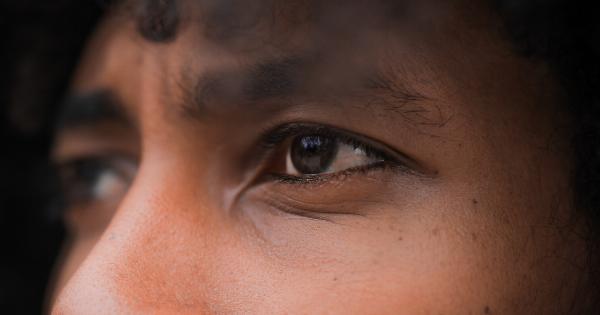The use of melatonin as a sleep aid for children has been on the rise in recent years.
Many parents turn to this supplement to help their kids fall asleep faster and stay asleep longer, especially if they have trouble with insomnia or other sleep-related issues. However, there has been a disturbing increase in cases of melatonin overdose in children. Understanding the risks and potential side effects is crucial to ensuring the safety of our little ones.
What is Melatonin?
Melatonin is a hormone naturally produced by the pineal gland in the brain. It plays a vital role in regulating sleep-wake cycles and helps to control the body’s internal clock.
Melatonin levels typically rise in the evening, signaling to the body that it’s time to sleep. For children who struggle with sleep, melatonin supplements can be an enticing solution.
The Appeal of Melatonin for Kids
The popularity of melatonin as a sleep aid for children stems from several factors. Firstly, it is easily accessible over-the-counter, making it a convenient choice for parents.
Secondly, melatonin is generally considered safe and non-habit forming when used appropriately. Lastly, the notion of using a natural hormone seems more appealing than resorting to prescription medications or other artificial solutions.
Potential Risks of Melatonin Overdose
While melatonin is generally safe, there are risks associated with overdosing in children. Excessive consumption of melatonin can disrupt the body’s natural hormone balance and interfere with normal sleep patterns.
Moreover, children who take too much melatonin may experience adverse side effects such as headaches, dizziness, nausea, and irritability.
Another concerning risk of melatonin overdose is its impact on puberty and development.
The long-term effects of using melatonin in excess during childhood are not well-studied, but some researchers have raised concerns about its potential effects on hormonal development and reproductive health.
The Importance of Proper Dosage
It is vital for parents to understand the importance of using melatonin supplements in the correct dosage. The appropriate dosage can vary depending on the child’s age, weight, and specific sleep issues.
Consulting with a pediatrician or sleep specialist is highly recommended when considering melatonin for your child.
Start with the lowest effective dose and monitor its effects on your child’s sleep. It’s crucial not to exceed the recommended dosage, even if you feel it isn’t effective.
Always follow the instructions on the packaging or seek professional advice to ensure your child’s safety.
Alternative Approaches to Sleep Issues
Before turning to melatonin as a sleep aid, parents should explore alternative approaches to address their child’s sleep issues.
Establishing a consistent bedtime routine, creating a sleep-friendly environment, and promoting relaxation techniques can significantly improve sleep quality without resorting to supplements.
If sleep problems persist despite these efforts, consulting a healthcare professional is highly recommended. They can help identify underlying causes of sleep disturbances and provide targeted strategies to improve sleep patterns.
Safe Practices when Using Melatonin
If you decide to use melatonin for your child, it is important to prioritize their safety. Here are some safe practices to consider:.
- Always consult with a healthcare professional before starting melatonin supplements.
- Choose melatonin products from reputable brands and follow the recommended dosage instructions.
- Administer melatonin at an appropriate time before bedtime, keeping in mind the duration it takes to kick in.
- Monitor your child for any adverse reactions or side effects.
- Make sure melatonin is used temporarily and in conjunction with efforts to establish healthy sleep habits.
Raising Awareness and Educating Others
One of the most effective ways to combat the rising cases of melatonin overdose in children is by raising awareness and educating both parents and caregivers on the proper use of melatonin.
Providing accurate information about the potential risks, proper dosing, and alternative sleep strategies can help prevent unnecessary harm to children.
Conclusion
Melatonin can be an effective sleep aid for children when used responsibly and under professional guidance. However, the rising cases of melatonin overdose in kids highlight the importance of understanding the potential risks and safe usage practices.
It is crucial for parents to prioritize their child’s safety and explore alternative approaches before resorting to melatonin. With proper knowledge and awareness, we can ensure the well-being and healthy sleep habits of our little ones.






























